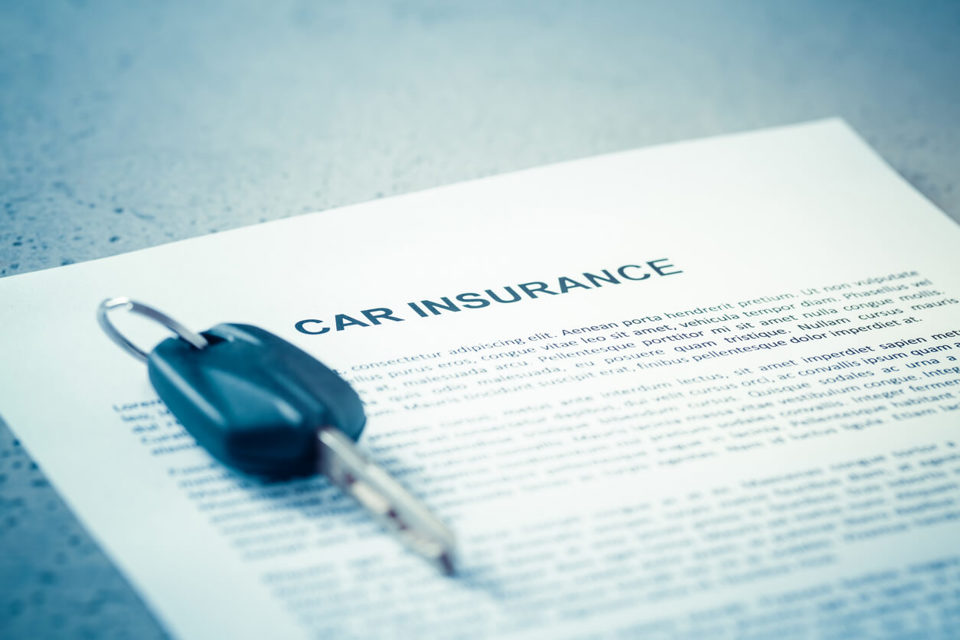Fleets are hoping for some relief from the increasing cost of insurance with premiums rising significantly..
Government figures suggest a 21% hike in premiums over the past two years.
The increase is proving a real issue for fleets, as the knock-on effects of the move to electric, increasing amounts of advanced technologies and soaring parts prices begin to bite.
Factors driving up the cost of insurance include inflation, rising car thefts and potholes, with figures suggesting these are hitting both internal combustion engine (ICE) and electric vehicles (EVs), although zero-emission models are suffering more.
Debating the issue in October’s Fleet News at 10 webinar, Dale Eynon, Defra's director of group fleet services, said: “We’ve found that our insurance costs have gone up by 50% since 2020, which is a huge rise, but that is probably in line with the rise we’ve seen in SMR (service, maintenance and repair) costs and other kind of fleet costs.”
Data from Epyx, published earlier this year, showed that fleets have suffered from a marked increase in average parts prices in the past four years.
Using a basket of common parts including front discs and pads, wiper blades, clutch, pollen filter, headlamp bulbs and spark plugs, the total cost has risen from £713 in 2020 to £963 in 2024 - a 35% hike in the past four years.
The biggest increases have been seen for headlamp bulbs, up by more 45%, clutches, which have risen by 40%, and spark plugs and pollen filters, up by more than a third.
“We're looking at what we can do as an organisation, as a company, to try and reduce our premiums,” continued Eynon.
He explained that he is taking a two-pronged approach, by assessing whether fleet optimisation can be increased, allowing fewer vehicles to be operated.
He added: “We're looking at working with our broker at the moment to use a risk profile tool to understand a bit more about the types of claims we’re getting and the types of incidents that we’re involved with, to try and see whether we can do some interventions to try and reduce that collision rate down a bit.
“My message to everybody is look at how you currently assess and manage your risk within your fleet.
“Is there more you can do with all the data you’ve got with your supply chain, your insurers, your brokers, whoever you’re using, because I don't think this is going to go away.
“We might see a slower increase in cost, but that 50% is not going to be reversed, so we've just got to manage it somehow.”
The Government has created a taskforce to tackle the rising cost of car insurance. Meeting for the first time last month (October), the Motor Insurance Taskforce is being led by the transport secretary, Louise Haigh, and the economic secretary, Tulip Siddiq.
It involves industry groups and consumer champions such as the Association of British Insurers, Citizens Advice, Which? and Compare the Market, as well as insurance regulators.
The expert group will identify the causes of rising costs, assess whether consumers are receiving fair value for money, and look at the impact on the groups hit the hardest, using advice from the key regulators the Financial Conduct Authority (FCA) and Competition and Markets Authority (CMA).
Chris Connors, head of fleet and travel (UK and Ireland) for ISS, welcomed the new taskforce. He told Fleet News at 10: “With repair times getting longer and longer, the cost of credit hires, the claim cost just goes up and up.”
He added: “It feels if you have a well-run vehicle or a well-run fleet, you’re actually paying for other people’s mistakes.”
Fleets can help reduce insurance spend in the current climate by employing a range of measures, including offering to carry a higher excess on a policy, which could help lower premiums as the organisation accepts more of the risk on their own balance sheet.
A fleet could also consider self-insuring, which is when it increases the excess that it bears to the level where it effectively insures only for losses that it causes to third parties.
Taking this action should involve careful consideration of the current level of claims it has, as well as the number of vehicles on fleet.
It can use this to work out what the cost is per vehicle across the entire fleet, and whether this is lower than the insurance premium.





















Login to comment
Comments
No comments have been made yet.